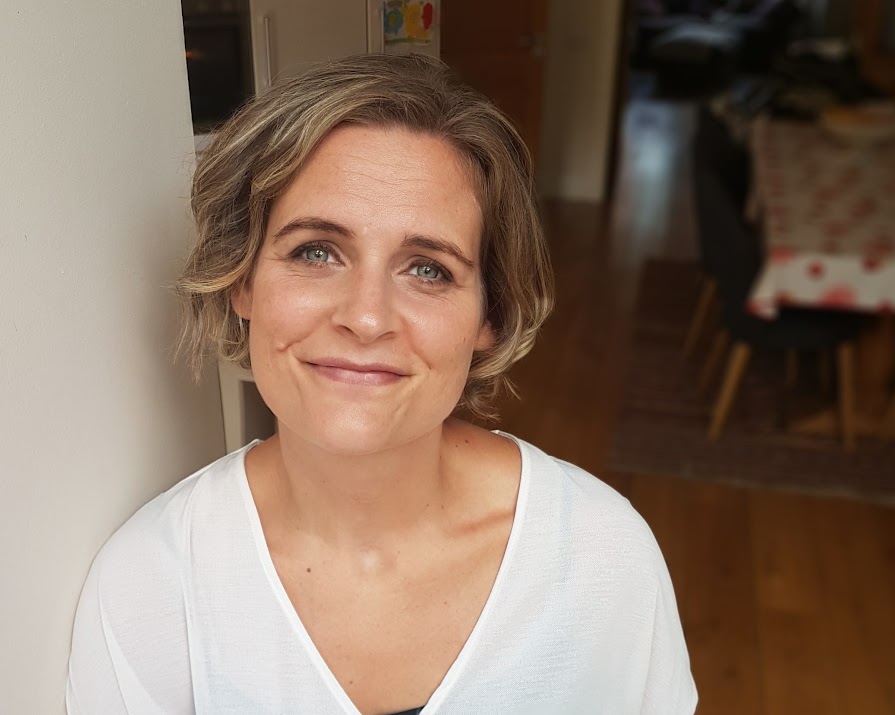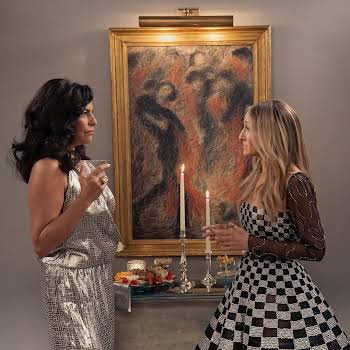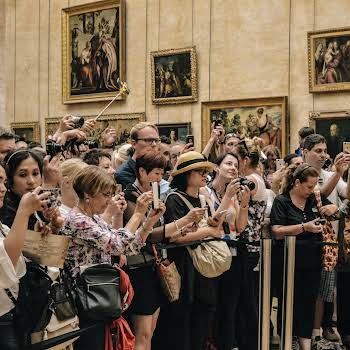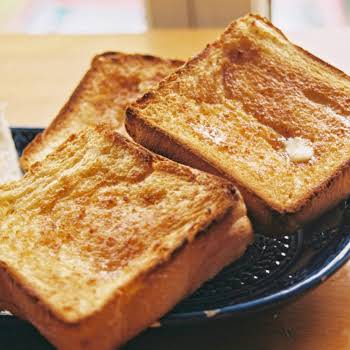By Geraldine Carton
25th Jul 2018
25th Jul 2018
Geraldine Carton talks to Gillian Roddie (Education and Learning Manager in Trinity’s Science Gallery and curator of @ScienceSnapStories Instagram page), about navigating through the minefield of modern information.
With a background in science, Gill manages the Science Gallery‘s education programme; putting the education workshops together and curating experiences for transition year students. She considers herself “exceptionally lucky to be able to work with these young people” and enjoys using her Instagram page to engage with parents; “it’s definitely mums who mostly follow me on that!”.
Digital natives
Gill is a mum of two, and it’s since having her children that she has become increasingly concerned with the way young people (“digital natives”) consume the almighty flow of content they now have access to. “I think we may have to look at how much information we give to young people and take a step back to see if we are giving them the skills to cope with that level of information”.
Gill has noticed that today’s youth don’t have the skills to distill the volume of information they’re exposed to. She is worried about what could happen if children grow up assuming that everything they read online is true, or if they struggle to decipher between what is credible and what is a load of you-know-what.
The reality vs fake news
Gill is passionate about parents playing a vital “information broker” role in their children’s lives.
“Parents have a tendency to undervalue the role they play in educating their children. Kids learn how to read and distill information by following what they see at home, and parents need to take this seriously”.
https://www.instagram.com/p/BfkxyssHFgh/?hl=en&taken-by=sciencesnapstories
Myth busting
It’s with her “Myth Busting Monday” (Gill dispels a widely-believed myth every Monday on Instagram) and the straightforward way in which she presents “everyday science”, that Gill hopes to raise awareness of the common misconceptions that people have about health and science. Ultimately she wants to encourage people to question the various messages they are being presented with from the media and marketing, and not fall prey to underlying agendas.
“There are specific issues that come up again and again”, says Gill. Issues that present people with contradicting information on a daily basis is of particular concern; “vaccinations is a huge one, especially the HPV vaccine”.
Gill stresses that the HPV vaccine has an overwhelming amount of scientific proof that supports people vaccinating their children, and yet the confusion and scepticism remains. Why? Because either people don’t understand the information that has been made available, or because they have believed the claims made by pseudoscience articles or rogue sources that have popped up on their social media feeds.
Knowing what to look out for
Alternative medicines such as homeopathy also come in her line of fire. Anything that links significant health benefits to innocuous ingredients/ treatments that have already been unequivocally ruled-out should be avoided. And if the claim sources its “evidence” from one-off examples and pseudo-doctors, then it should definitely be approached with an inquisitive eye.
“Placenta encapsulation is another complete farce, as is the belief that bras are bad for boobs”. The list goes on, apparently. Does chewing gum really stay in your stomach for seven years? Nope. Is coconut oil worth the hype? Absolutely note.
?hl=en&taken-by=sciencesnapstories“There is a very capitalist drive behind health and healthcare right now and we need to all bear that in mind.”
Do your homework
As Gill lists out a ream of commonly believed farces, I feel like an idiot who’s been duped all these years. Gill kindly assures me I’m not – “it’s just the language people use these days; they’ve learned to present ideas in a remarkably believable way, which makes it hard for people distinguish the weeds from the roses”. There’s also some comfort in knowing I’m not alone. Considering the millions (and indeed billions) that the “health and wellness” industry makes year-on-year, odds are you’ve dabbled in some foolhardy fun over the years, too.
We all want to figure out everlasting life; to experience divine health; to have really, really shiny hair… and yet, the reality is that this isn’t always possible. Whilst we can’t live forever, one thing we can do is make sure our time on this earth is as well-informed as possible. Being aware of how we consume information, and deciphering between what is and isn’t credible will allow us to make the best possible decisions for ourselves and our family in the long run.
Gill hopes that her work might provoke people to be curious and take a second look at the world around them; “if I’ve done that then I’ll be happy”. I tell her that at the very least she’s definitely achieved that with me, and she leaves with a hearty laugh and a huge smile on her face.























